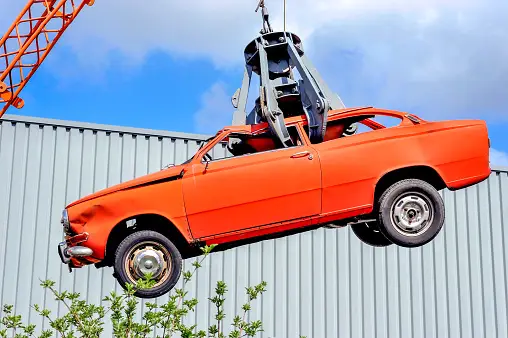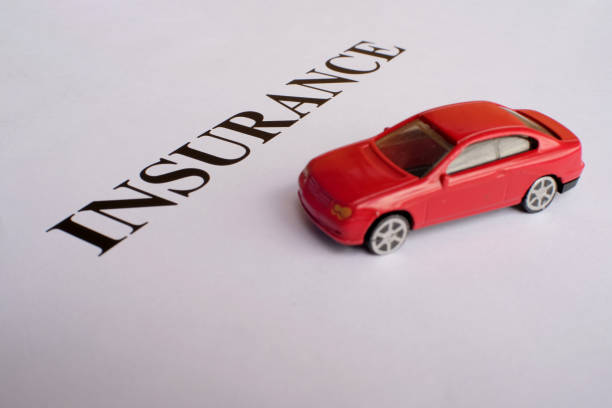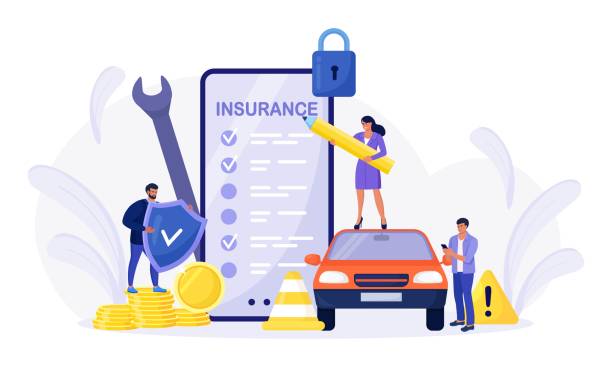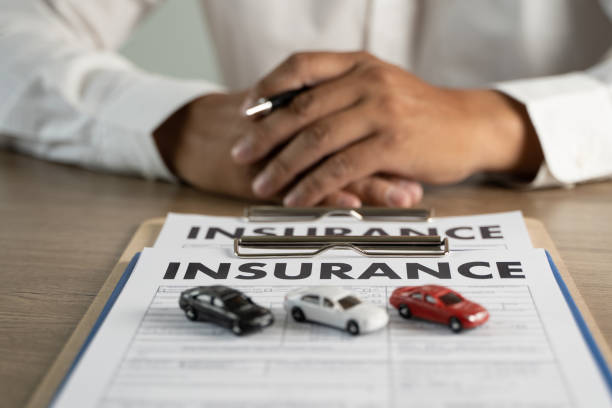Driving without insurance is a risky decision that can lead to severe repercussions such as financial penalties, legal troubles, and potential imprisonment.
Advertisements
In certain states, individuals with suspended licenses are mandated to maintain insurance coverage, despite being ineligible to operate a vehicle. This obligation is intended to shield other drivers from the financial burdens linked to an accident caused by an uninsured motorist.
Acquiring Auto Insurance with a Suspended License
Securing auto insurance when facing a suspended license poses challenges, as insurers perceive these drivers as high-risk policyholders. Nevertheless, a few avenues exist for individuals seeking coverage in such circumstances.
1. Non-Standard Insurance Providers
Specializing in catering to high-risk drivers, non-standard insurance companies offer coverage even to individuals with suspended licenses. Though they usually levy higher premiums than standard insurers, they might be the sole option for certain drivers.
2. Hardship or Restricted License
Under specific circumstances, individuals with suspended licenses might qualify for a hardship or restricted license. This kind of license allows limited driving, such as commuting to work or school. Holding such a license might facilitate obtaining insurance from a standard insurer.
3. SR-22 Insurance
Certain states necessitate drivers with suspended licenses to submit an SR-22 form to the Department of Motor Vehicles (DMV). This form confirms the driver’s possession of the requisite insurance coverage. SR-22 insurance can be procured from standard or non-standard insurance companies.
Advertisements
Factors to Consider when Seeking Auto Insurance with a Suspended License
When scouting for auto insurance with a suspended license, several crucial factors warrant consideration:
Cause of Suspension: The reason behind the license suspension significantly impacts insurance availability and costs. Suspensions due to DUI/DWI or reckless driving usually result in higher premiums compared to minor traffic violations.
Driving Record: Insurers still consider your prior driving history despite the license suspension. A clean record before the suspension might mitigate the adverse effects.
Insurance Coverage: Ensuring possession of the minimum mandatory insurance coverage in your state is crucial. SR-22 insurance might be required in addition to standard liability and collision coverage.
Premiums: Expect increased premiums for auto insurance with a suspended license. Comparing quotes from multiple insurers aids in finding the most favorable rates.
Further Considerations
License Reinstatement: Even after license reinstatement, you might still be viewed as a high-risk driver for a period. Over time, as your driving history improves, your premiums could gradually decrease.
Legal Implications: Driving uninsured with a suspended license carries serious legal ramifications like fines, imprisonment, and potential vehicle impoundment.
Financial Security: Maintaining auto insurance, despite a suspended license, shields against significant financial liabilities in case of an accident.
Conclusion
Procuring auto insurance with a suspended license involves navigating a complex process. Understanding available options, evaluating driving history and suspension reasons, and comparing quotes from various insurers are crucial steps. Remember, driving without insurance is a grave offense, and having coverage is vital to shield against financial and legal repercussions.
Advertisements






